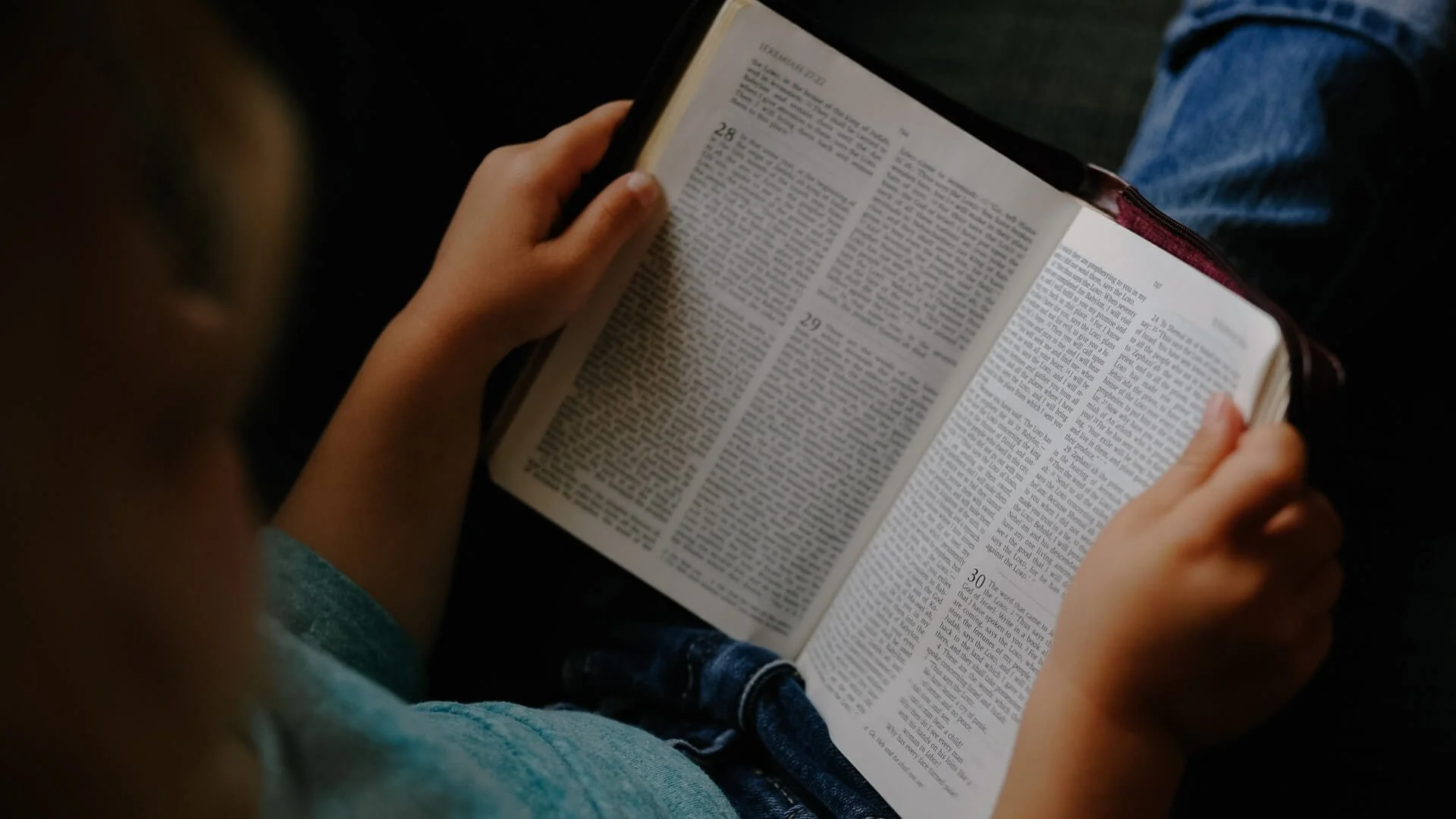Therefore let no one pass judgment on you in questions of food and drink, or with regard to a festival or a new moon or a Sabbath. These are a shadow of the things to come, but the substance belongs to Christ. (Col. 2:16-17)
This morning, while reading through Colossians, these verses caught my attention. They aren’t the only place the Bible says something like this (Heb. 8:5 calls the tabernacle and its sacrifices a “shadow of the heavenly things”), but it isn’t an idea most of us pay a lot of attention to, either. The basic idea is this: God established, on earth, a copy or replica of heavenly truth, so that his people would recognize the heavenly truth when it arrived. The food laws, practice of Sabbath, tabernacle, priestly work and sacrifices—all of it pointed to something deep and real, something eternal, something TRUE. All of it pointed to Jesus Christ.
Jesus Christ is the clean food that offers life and divides those inside the covenant from those outside the covenant. He is the Sabbath, the eternal rest offered to each of us. He is the tabernacle, the place God meets with man. He is both high priest and the sacrifice for cleansing and forgiveness. All of the pieces of the old covenant were shadows, copies, types, images—things meant to train and teach and prepare, so that Christ would be received and understood when he arrived.
There are two implications to this: On the one hand, it no longer matters whether we keep kosher or follow the exact strictures of the Sabbath, because the thing to which the Law pointed has arrived—the eternally real Jesus Christ has replaced the temporal shadow. We no longer offer sacrifices, because the true sacrifice has come. We no longer approach God only in the temple, because the true meeting place between God and man has arrived in Jesus. As Paul says, “let no one pass judgment on you,” in these matters, because they are just shadows.
And yet, because they are the shadows that God established to teach us to recognize Christ, food, rest, priestly ministry, sacrifice, and holy space are far more important than we normally realize. The shadows cast by Christ are not random—they are images and reflections of his eternal truth and life. If we try to understand him without the idea of holy food, rest from work, or perfect sacrifice and priestly ministry, we will misunderstand him. Each of them reflects him; each is a shadow cast by him.
One of these seems particularly critical for us, as Americans. We know how to work, and we understand amusement and entertainment, but rest is hard for most of us. We need to learn to practice rest more, so that we will understand Jesus. No one should judge one another on how we practice Sabbath (Col. 2:16), because the old covenant is obsolete (Heb. 8:13) and the Sabbath is fulfilled in Jesus (Mt. 5:17)—he is our true rest, and he is the Lord of the Sabbath (Mk. 2:28). And yet, if we don’t practice Sabbath, we will fail to understand what it means to find rest in Jesus. It was made for us (Mk. 2:27).
I would encourage you to build into your life a time (every week!) when you choose to rest in what Jesus has accomplished. We judge ourselves on productivity, and then when we are exhausted we look for amusement and diversion, but learning to rest in Jesus is essential to receiving and understanding Jesus. What would it mean to lay down your labor, and simply enjoy the fact that God has already done all that is necessary? What would it mean to realize that you have already been given all things, in Jesus? What would it mean to practice the truth that you will be judged by God not for your productivity, but instead for your willingness to trust Jesus?
In Christ,
Steven+

